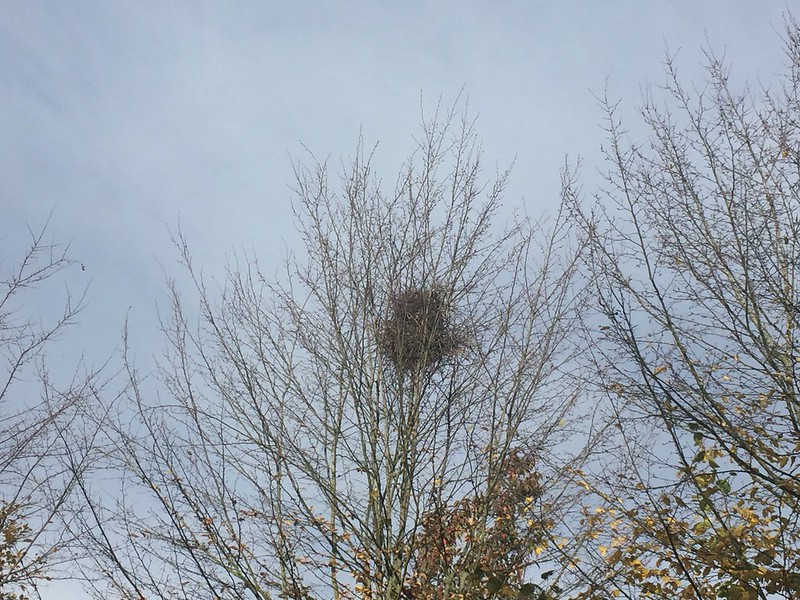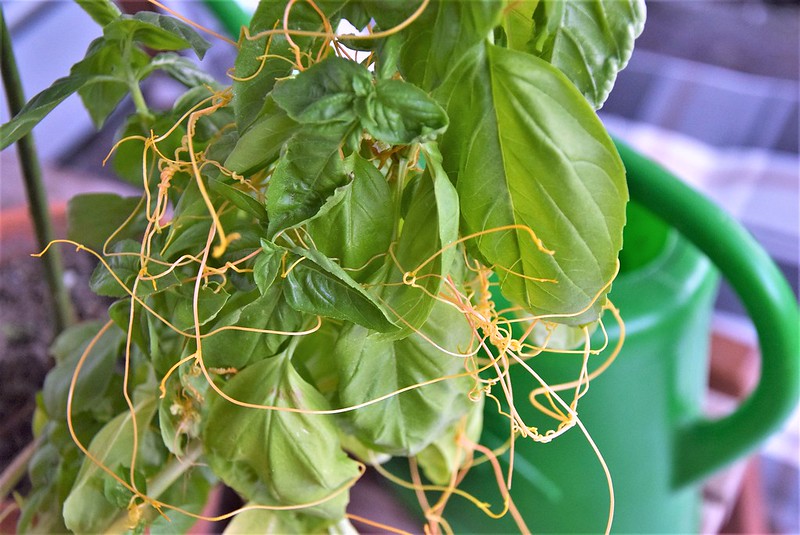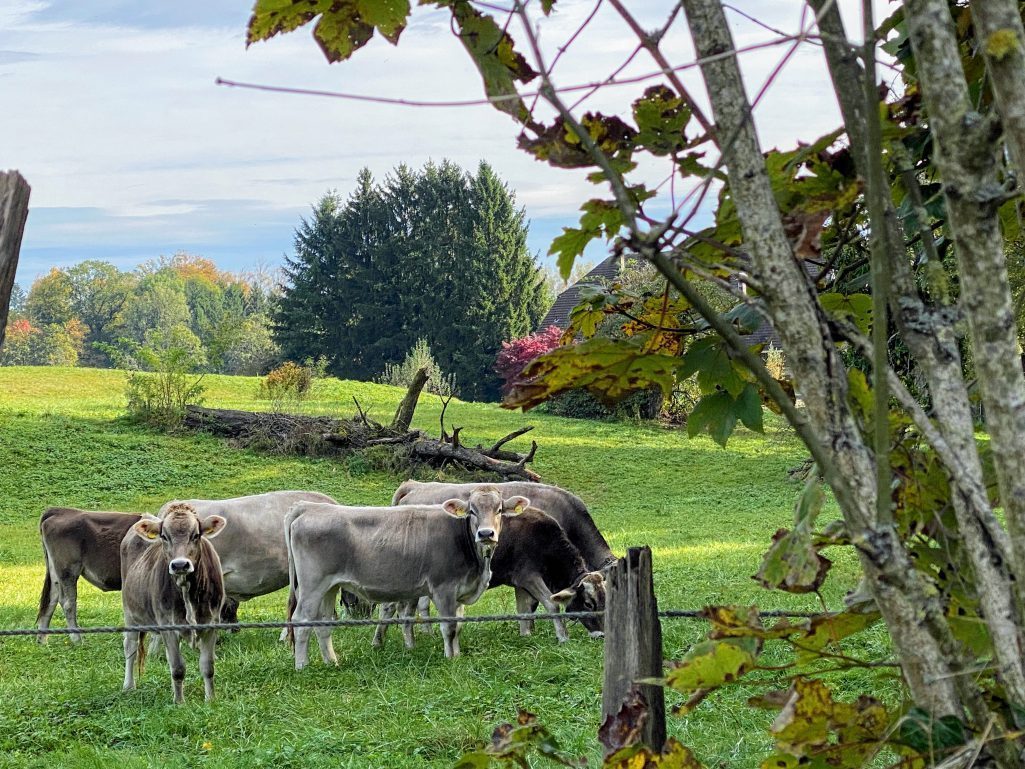
There is a tree opposite the room where my computer lives. In summer the tree is covered with leaves, as most trees are. When the season changes the leaves fall and discloses the secrets of the tree.
In the top branches there is a collection of twigs. They are not growing on the tree, but are a collection placed in a strategic place to hold them firmly. It has been there for a few years. There must be a reason. It is too big for a sparrow or tit and the crow colony do their own thing in a group of trees surrounding our apparment block.
It can only be the magpie. I decided to enlighten myself and asked Internet. There were similar photos of magpie nests which confirmed my suspicions.
There is no reason not to know something today if you have a computer, even an ipad or smartphone: just google it, and you will find the answer, complete with illustrations and perhaps even a film in this case. I had really been wondering about this tree assembly and my suspicion is confirmed. It has been in this particular tree for a few years. Either the magpies just leave it when the babies fly the nest, or they are a lazy bunch and use it every year.
I am a researcher, like to know the reason why, although not everything can be relied on googling it. My neurologist expressly warned me about googling information of my MS illness, as not all sources can be relied upon. There is always a certain amount of “common sense” to be applied in googling.
Some time ago I was searching for a weird growth on a basil plant I bought at the supermarket.

It began as a few white threads and I really thought it was producing new roots from a joint in the stem. However it grew and was slowly winding itself around the plant and even itself. I asked my gardner and he had never seen anything like it. I posted it on my site here and I was lucky. A very helpful fellow blogger saw my photo. He lives in a valley somewhere in California, but informed me that this was probably something known as dodder, which I had never heard of living in the wilds of Europe.
Of course I checked this and found it to be a parasite common in California that engulfs plants to the extent that you only see the dodder growth eventually. European dodder does exist, according to Internet, but this Californian species seems to be the daddy of them all. How it arrived in Switzerland I do not know, it was probably lurking in the earth waiting for a chance to go forth and multiply. There would have been a danger of it spreading to other plants. I learned something new and also met a very helpful colleague in connection with plant knowledge.
Advice was offered from Facebook colleagues that it was probably common bindweed, but this specimen had no flowers, just an eerie looking stalk that curled everywhere. If someone had suggested it was a triffid I would have probably believed it.
So if you really want to be enlightened then ask Google, but remember Google is man-made and we tend to misinterpret the facts, or adapt their answer to suit ourselves. In the words of my dad “What came first, the chicken or the egg”. Google and my dad never found the answer to that question and dad passed away two years ago aged 100 and 7 months, so perhaps it is better if we google it. You have a 50% chance of getting the right answer.

The dodder does look as if it wants to bind everything 🙂 Was your father in good health till the end ? Over hundred years !!
LikeLiked by 1 person
That dodder was very weird. I had never heard of it. A sort of creeping parasite that could take over your garden. Luckily it is a very rare plant here.
My dad kept quite well.Of course he was in a wheelchair for the last couple of years, but that it nothing unusual at that age. You could still have a good conversation with him and he was so happy when he got his telegramme from the Queen for his 100th birthday, and was even featured in the local newspaper.
LikeLiked by 1 person
What ever did we used to do without Google! It’s so easy to look things up, now. The video of the magpie building a next has inspired me to write a little poem, which I will post shortly. Thanks! 🙂
LikeLiked by 1 person
Before Google we perhaps tried to find the answer ourselves. There might have been an encyclopaedia somewhere, otherwise we bothered each other. There always seemed to be someone that knew the answer. Otherwise we probably just moved on. I think our grandparents and ancestors did not have so much time to bother with such details, they only knew work and sleep and eat in between.
LikeLike
I’m glad to have the ease in which to look things up, and even the early days of encyclopedias. You’re right, though, most people back then didn’t have time to find answers to everything and depended on word of mouth, probably, and were mostly concerned with day to day survival. 🙂
LikeLiked by 1 person
My great granmother had 16 children, so I think she had other problems. And our ancestors did not have washing machines or vacuum cleaners. I think they would have been to busy to look it up, but they probably did not have so many questions.
LikeLiked by 1 person
Pingback: The Nest | teleportingweena
Where would we be today without having Google to fall back on whenever we find ourselves in doubt? Google has replaced dictionaries and encyclopedias and has made researching answers to any question as simple as clicking go.
LikeLiked by 1 person
Google is not always right, and sometimes you have to search to find where you want to go. Wikipedia is a good short cut, but only supplies information that we supply Wikipedia. Howevere for a quick answer to “who sang that song” or “who did this or that” it is very got. No more trying to remember stuff with a golden oldie brain (at least in my case).
LikeLike
Google works form most birds, but I’ve had a LOT of trouble with plants. Fortunately, we have a good university-based ID group, so if you can fill out their form (some of the terms don’t mean anything to me — wasn’t a biology or botany major) … they come back with an answer. So MANY of the things we see are ‘foreigners.” I come in with other plants, even in peoples’ cars. And I think people dig up plants in other places and bring them home … and the results of this are gypsy moths eating the oaks in the US, millions of dead bats all over North America, California bindweed trying to take over in Switzerland. Starlings out of control in the middle east and rabbits taking over Australia. Every time we mess with the ecology, we pay for it. Somehow.
LikeLiked by 1 person
Google is not good for everything. I always have problems when searching for a plant, but generally it works for me. We have had a few ecological problems in Switzerland, but somehow it all gets back to how it should be. The bark beetles were eating and killing most of our forests about 20 years ago, but the trees are still standing and no-one talks about them today. Who knows, perhaps they might appear again. Various natural catastophes are reported in the national news and they sell more newspapers and we all talk about it until we might have general elections, and it is all forgotten for another 10-20 years. The dinosaurs disappeared a few million years ago, but there were no newspapers to report it. And what happened to the dodo? Now I really miss that bird, although they did not live in Switzerland. We had bears in Switzerland everywhere, buit now only one or two that take the wrong path. We might even kill one if they are deemed dangerous. The dodder was an isolated case (I hope) and only appeared in a pot on my porch. Probably smuggled itself in from imported earth, but it has not yet been mentioned on the TV news. I am the only one that noticed this threat up to now.
LikeLike
Pingback: MS, Inc. – Ireland, Multiple Sclerosis & Me
Santa Clara Valley!
Anyway, it is not just Google that is the problem. Anyone can put anything out there. There is no need for accuracy anymore. I just found that my articles that are written for here also appear in a newspaper in Alaska! So, people in Alaska could be reading about growing tropical hibiscus out in their gardens!
That nest thing is funny, but I must tell you this. A Norfolk Island pine in the garden of a client had what looked like a snowball way up high near the top. It was white and fluffy and about two feet wide. I asked my client about it, and she explained that it was a squirrel nest made from the stuffing of one of the pillows on the patio furniture!
LikeLiked by 1 person
The “news” reports in Facebook can be so ridiculous. I always check on the name of the newspaper to see the source. Mainly spam reports, but some people comment them as if it was reality.
We have a garden cupboard for tools and keep ou old newspapers there until the special garbage collection. Once in Winter two mice discovered it was a nice warm place to spend the cold days of Winter so they shredded the paper and made a nice warm nest in the box where we stored the newspapers.
LikeLiked by 1 person
I do find Google handy for those “Who sang that song?” , “Who was in that movie ?” sort of trivia. It used to be so exasperating when one of these would come up and it would just bug you till you found out what it was. My sister and I just used to ask everyone until we got an answer, which generally got all our workmates and family puzzling over it as well.
LikeLiked by 1 person
Mr. Swiss and I both find that is so handy. Often we are eating and discussing this and that when an unanswered question pops up in the conversation. I have my iPad on the table next to my plate and so I do a google between mouthfulls and the eating continues because the problem is solved. Yes there is nothing like a google colleague always at you side with the answers.
LikeLiked by 1 person